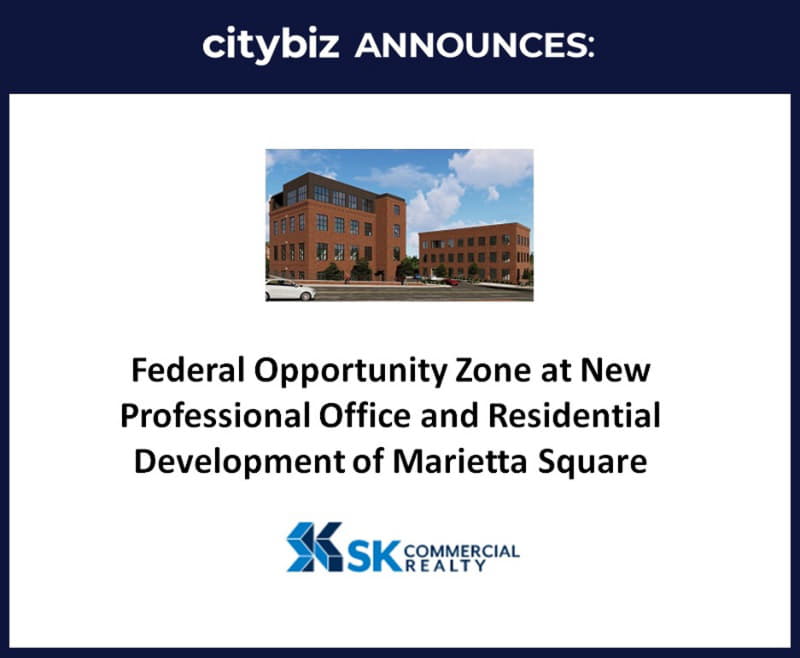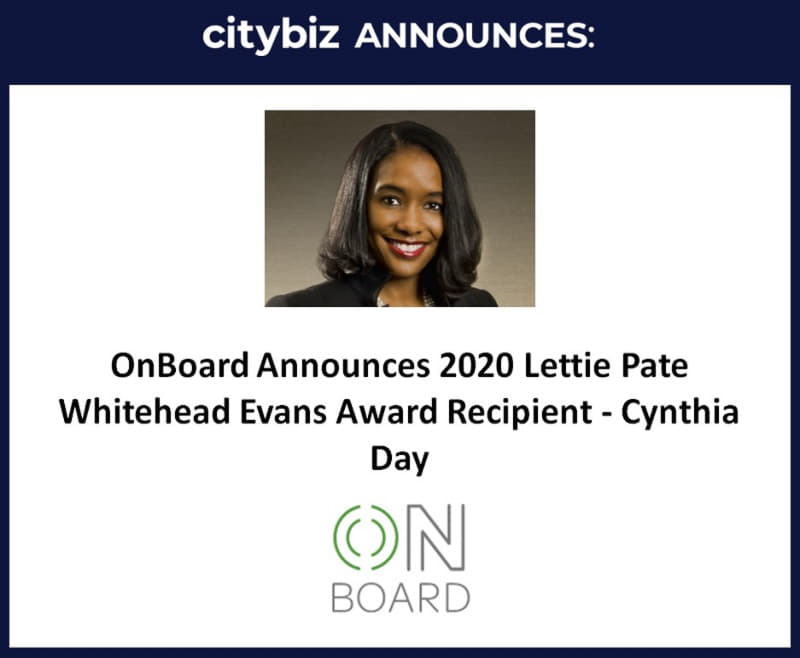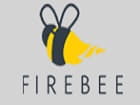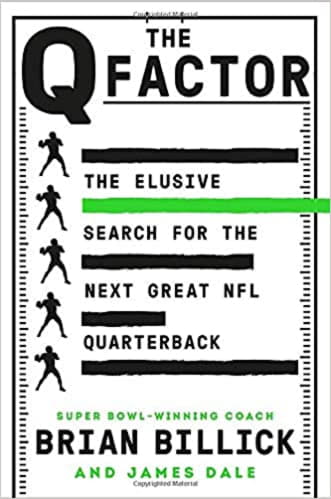
In their new book, The Q Factor: the elusive search for the next great NFL quarterback - Brian Billick, Super Bowl-winning coach of the Baltimore Ravens/NFL analyst, and co-author/collaborator James Dale, set out to crack the code of spotting the most critical player in sports, an NFL quarterback.
Billick and Dale put the 2018 draft class under the microscope – Baker Mayfield, Sam Darnold, Josh Allen, Josh Rosen, Lamar Jackson—the most highly-touted in a decade. They examined their skills, stats, performance, character, tangibles and intangibles to find a way to prognosticate future performance slightly better, because slightly better can be the difference between good and great - one more TD or win or playoff spot or Super Bowl - that is, The Q Factor.
Along the way, they may have come upon indicators of how to predict success slightly better in other fields, notably business. And in business, a better signal-caller can be the difference between profit and loss, innovation or struggle, market dominance or Chapter 11.
Citybizlist presents Part II in a series on what they learned.
Part II - Find a Way
In football, game-changing quarterbacks find ways to advance the ball – somehow. In business, great leaders find ways to make money – somehow.
Find a way: In football, great QBs find a way. They throw long passes…unless their receivers are covered, so they hand-off…unless they see an opening in the defense, so they roll out and keep…unless a receiver breaks free... Whether they’re pocket passers or mobile quarterbacks, the great ones just spot opportunity to move the ball and score. Ever notice how Brady or Brees or Rodgers just find a way? And with a nearly opposite style, so does Patrick Mahomes. And maybe Kyler Murray. They find a way.
In business, great execs find a way. They innovate products… or they imitate/improve products for less…or they upgrade products at a premium to optimize profit…or, when given an edge, they crush weak competitors…or, when it makes sense, they’re willing to collaborate with a competitor to gain market share. They find a way. Whether it’s a public company CEO or a startup entrepreneur, the best executives spot opportunity, move the company, and score profits. We should note the companies and leaders who were able to “pivot” even in the face of a pandemic, no doubt the ultimate challenge any of us have ever seen: Independent restaurants that turned curbside pick-up into an art form; delivery services – Instacart, Door Dash, Seamless – that brought groceries, meds, and necessities safely to front doors; suburban residential realtors who capitalized on the escape from the cities; RVs dealers offering “safe" vacation travel; on-line game platforms and streaming video filling the need for stay-at-home entertainment; mask-makers; hand-sanitizer manufacturers; drug-makers Regeneron, Moderna, J&J in pursuit of treatments and vaccines.
Think two plays ahead: In football, a great QB (and a smart coach) think two plays ahead. The QB on first down is thinking of where he’ll be on 3rd down. In field goal range? In short yardage for 1st down? Going long to keep the drive alive? He constantly reads the defense, sees the shift, sees the whole field (as we learned, much like a fighter pilot), finds the hole in coverage to get where he’s going on the next play….and two plays from how. Tom Brady may be the smartest QB we’ve seen in the history of the game, coupled with a plenty smart coach. (Let’s see how this QB/CEO does in a whole new environment/company.) Joe Montana and Bill Walsh played the whole game, sixty minutes, thinking ahead, not just one play at a time. Today we see the same from Andy Reid, Pete Carroll and John Harbaugh. Coaches and QBs thinking ahead.
In business, the great CEO, thinks two moves/quarters/products ahead (so do boards of directors or private equity investors or venture capitalists.) That CEO reads the competition, reads the marketplace, has “vision” to see whole field (and amnesia to forget bad plays and move on), does mental “check-downs” to second or third options on every play/ploy, seeing a missed opportunity on one move to exploit on the next move. Why is Amazon so consistently successful in upsetting norms? How do they keep doing it? Looking ahead, not to what consumers want today but what we’ll need tomorrow. How did Zoom anticipate a need to be virtual and turn it into an instant business and social norm?
Go for it: Great QBs, great CEOs, and great entrepreneurs want to go for it on 4th down – not playing it safe, but playing it smart, because sometimes the wisest play is going for it. Not just late in the game in desperation. But anytime, when it’s fourth and short. Or longer if deep in enemy territory. Or when you have the weapons. Or the element of surprise. Most NFL teams now have a guy in the booth (usually a young stat geek) feeding info into the coach’s ear about whether to go for it. In business (where young stat geeks abound) examples of going for it are endless: Instacart, Tesla, Apple, Facebook, Southwest. (Examples of playing it safe and losing are also everywhere –from brick and mortar retailers to auto makers who clung to old models.) Successful companies that go for it have a constant advantage over competition. They have four downs instead of three. And another first down. Or a score. And a bigger lead.
Pressure can be a good thing: Great QBs and great CEOs perform under pressure, often at their best. Lots of leaders do well when all goes according to plan, but all rarely goes according to plan. Look for the leader who performs when the play or business environment falls apart…which is often. The NFL even has a pressure stat that shows how well a QB can save a play that ought to fall apart. No doubt an equivalent could be found in business. Coach Kevin Stefanski calls it “playing off-schedule,” meaning the schedule or play crumbles. Mike Tyson put it this way, “Everybody has a plan until you get punched in the face.” Some leaders perform best when things go bad. That’s a good indicator of how they’ll perform over time. Study the game films or the career film – the evidence is there.
What are the clues to look for in spotting the game-changers on and off the field? More to come in Part III
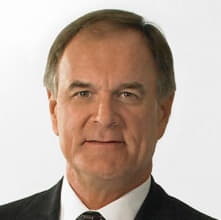
Brian Billick started his career working with the legendary Bill Walsh, became the offensive coordinator for the record-setting Minnesota Vikings offense, then went on to become the head coach of the Baltimore Ravens and the best single defense in the history of the NFL. Under Billick, the Ravens won their first Super Bowl, an overwhelming 34-7 win vs. the New York Giants in Super Bowl XXXV. In 2008, he joined Fox as a commentator and the NFL Network as a contributor.

James Dale has collaborated as co-author on books ranging from sports to negotiation to medicine, including We're Better Than This with Congressman Elijah Cummings, Together We Were Eleven Foot Nine with Hall of Fame pitcher Jim Palmer, The Power of Nice with agent/negotiator Ron Shapiro, Alpha Docs with cardiologist Dan Munoz, and the New York Times bestseller Just Show Up with Cal Ripken Jr.

